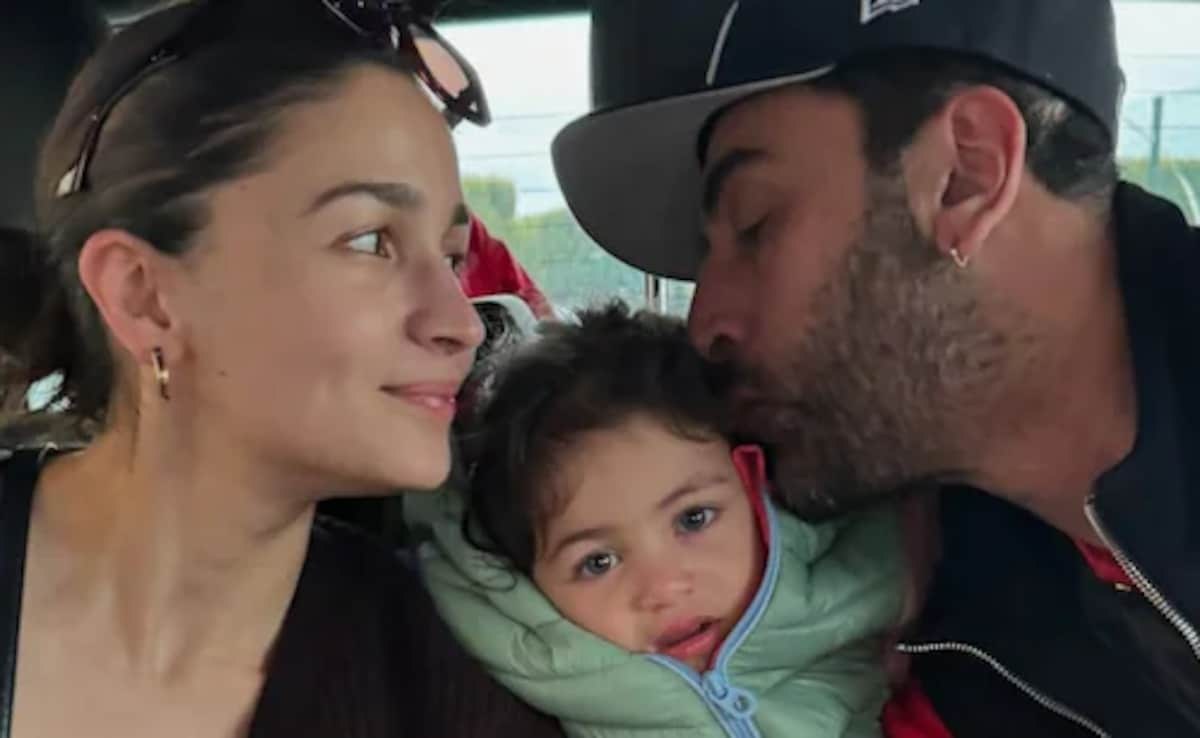Trinidad and Tobago - Level 3: Reconsider Travel

Updated to reflect the end of the State of Emergency on April 13, 2025.
Reconsider travel to Trinidad and Tobago due to serious risks from crime. There are also heightened risks of terrorism and kidnapping.
Country Summary: Violent crime is common in Trinidad and Tobago. It includes:
- Murder
- Robbery
- Assault
- Sexual assault
- Home invasion
- Kidnapping
Gang activity, such as narcotics trafficking, is common. A significant portion of violent crime is gang-related.
Due to the risks from crime, U.S. government employees working in Trinidad and Tobago are prohibited from travelling to the following areas in Port of Spain:
- At any time:
- Laventille,
- The southern end of Charlotte Street between Oxford Street and Park Street (past the General Hospital)
- Piccadilly Street
- Besson Street
- Beetham, Sea Lots, Cocorite, and the interior of Queens’ Park Savannah.
- At night:
- Downtown Port of Spain
- Fort George overlook, and all beaches.
Foreigners and a U.S. lawful permanent resident have been recent victims of kidnapping.
There is risk of terrorist violence, including terrorist attacks and other activity in Trinidad and Tobago. Visit the U.S. Department of State’s Country Reports on Terrorism to learn more.
Terrorists may attack with little or no warning. They may target:
- Tourist locations
- Transportation centers (airports)
- Markets and shopping malls
- Local government buildings
- Hotels and clubs
- Restaurants
- Places of worship
- Parks
- Major sporting and cultural events
- Schools
Read the country information page for additional information on travel to Trinidad and Tobago.
If you decide to travel to Trinidad and Tobago:
- Use caution when walking or driving at night. Avoid poorly lit or remote areas.
- Be aware of possible online dating scams, either for potential financial theft or physical harm.
- Stay aware of your surroundings.
- Do not display signs of wealth, like cash, expensive watches, or jewelry.
- Stay alert when visiting banks and ATMs.
- Do not physically resist any robbery attempt unless forced into a vehicle or remote area.
- Check local media for breaking events. Be prepared to adjust your plans.
- Visit our website for Travel to High-Risk Areas.
- Develop a communication plan with family or your employer or host organization (if you are traveling on business). This helps them monitor your safety and location as you travel through high-risk areas. Specify how you'll confirm you're safe (text, calls, etc.), how often, and whom you'll contact first to share the information.
- Enroll in the Smart Traveler Enrollment Program (STEP) to receive messages and Alerts from the U.S. Embassy. It makes it easier to locate you in an emergency.
- Review the Country Security Report for Trinidad and Tobago.
- Prepare a plan for emergency situations. Review the Traveler’s Checklist.
- Visit the CDC page for the latest Travel Health Information related to your travel and return to the United States.
- We highly recommend that you buy insurance before you travel. Check with your travel insurance provider about evacuation assistance, medical insurance, and trip cancelation coverage.
What's Your Reaction?
 Like
0
Like
0
 Dislike
0
Dislike
0
 Love
0
Love
0
 Funny
0
Funny
0
 Angry
0
Angry
0
 Sad
0
Sad
0
 Wow
0
Wow
0



































































